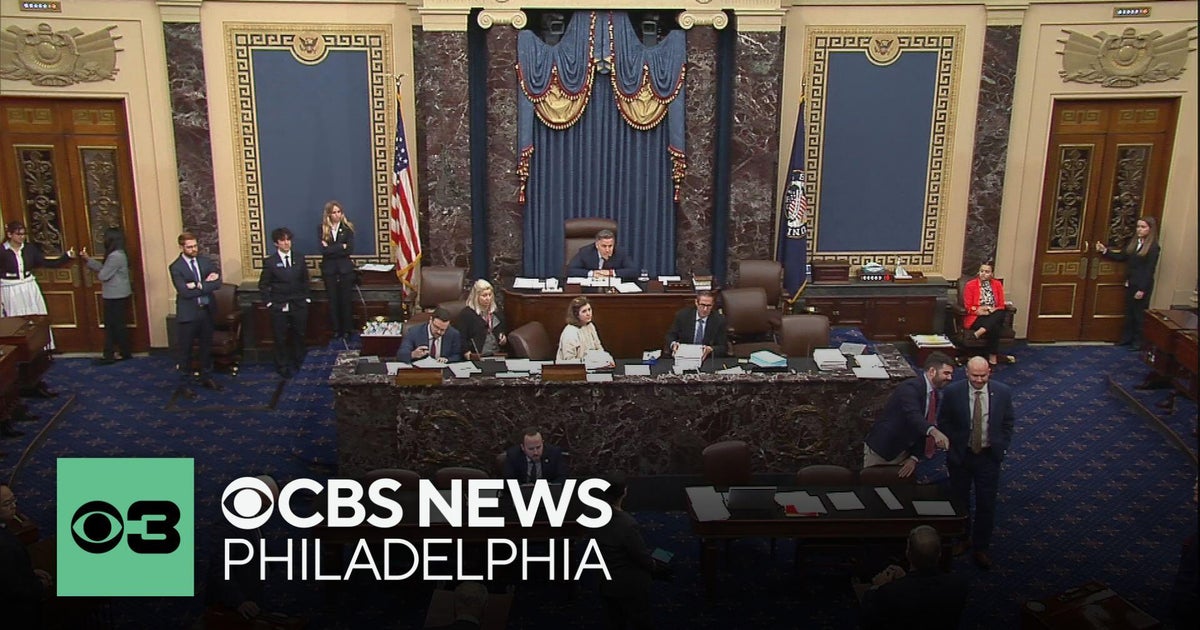A highly contentious bill, characterized by significant tax cuts and potential cuts to social programs, faces a crucial Senate vote. The legislation has sparked deep divisions within the Republican party, with some members openly defying the president and facing potential consequences. The bill's projected impact on the national debt and healthcare access for millions of Americans is also fueling public opposition.
Republican Divisions and Defiance

The upcoming Senate vote on the bill has exposed significant cracks within the Republican party. One prominent senator announced his decision not to seek re-election, directly criticizing the president's stance on Medicaid cuts. This action has been interpreted by some as a direct consequence of opposing the president's agenda.
The Bill's Financial and Social Implications

Independent analyses estimate the bill will add trillions to the national debt and potentially deprive millions of Americans of healthcare coverage through reductions in Medicaid funding. These projections have raised serious concerns about the long-term financial stability of the nation and access to essential healthcare services.
Public Opinion and Political Fallout

Polling data consistently reveals widespread public disapproval of the proposed legislation. This unpopularity presents a significant political risk for Republicans who support the bill, particularly in upcoming primary elections. The potential for electoral backlash is further amplified by the significant cuts to vital social programs.
Elon Musk's Intervention and Political Implications

Adding another layer of complexity, a prominent business leader publicly voiced opposition to the bill, threatening to actively support primary challenges against lawmakers who vote in favor of it. This intervention could further intensify the political fallout for Republicans supporting the bill.
White House Response and Strategy

The White House has vehemently defended the bill, dismissing criticism and concerns about its potential negative consequences. They maintain confidence in its passage despite the growing internal dissent and public opposition. The administration's strategy involves actively engaging with senators through various means, including social media campaigns and personal outreach.
Democratic Perspective and Concerns

Democratic senators have strongly condemned the bill, highlighting its projected impact on the national debt, healthcare access, and various social programs. They argue that the tax cuts disproportionately benefit wealthy individuals while simultaneously jeopardizing the well-being of millions of Americans. They further criticize the use of accounting techniques that allegedly mask the true fiscal impact of the proposed legislation.
The Uncertain Future and Potential Outcomes

The Senate vote remains shrouded in uncertainty, with the final outcome hinging on the decisions of individual senators. The potential consequences of the bill's passage extend far beyond the immediate political implications, encompassing significant long-term effects on the nation's finances and social safety net. The political landscape will likely be significantly altered depending on the outcome of this vote, with repercussions extending into future elections.